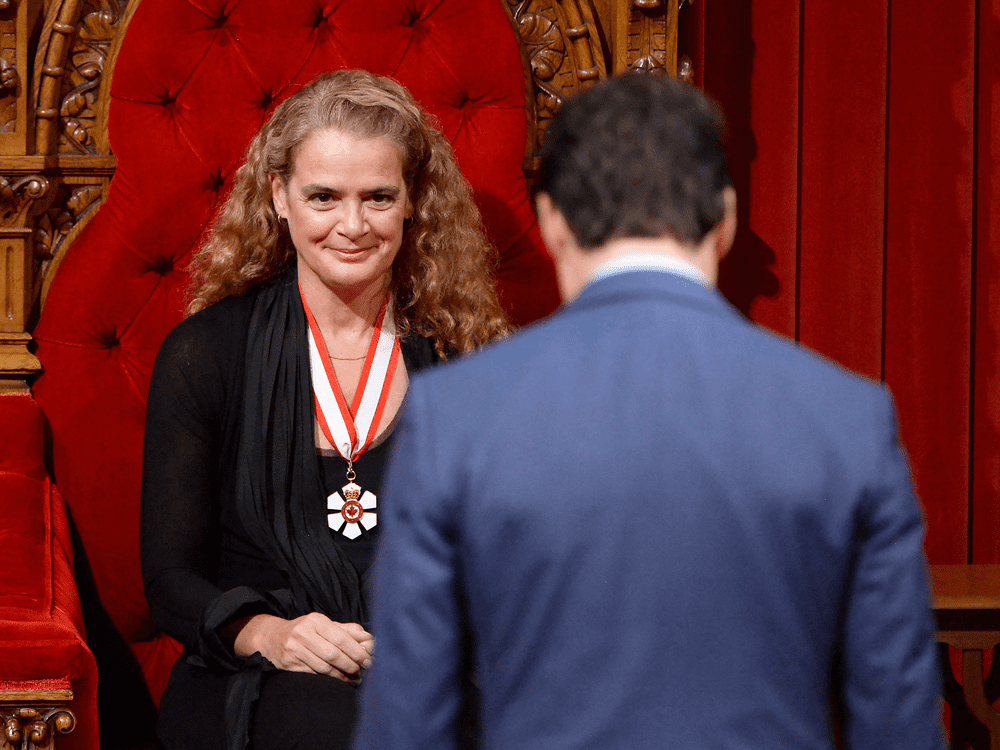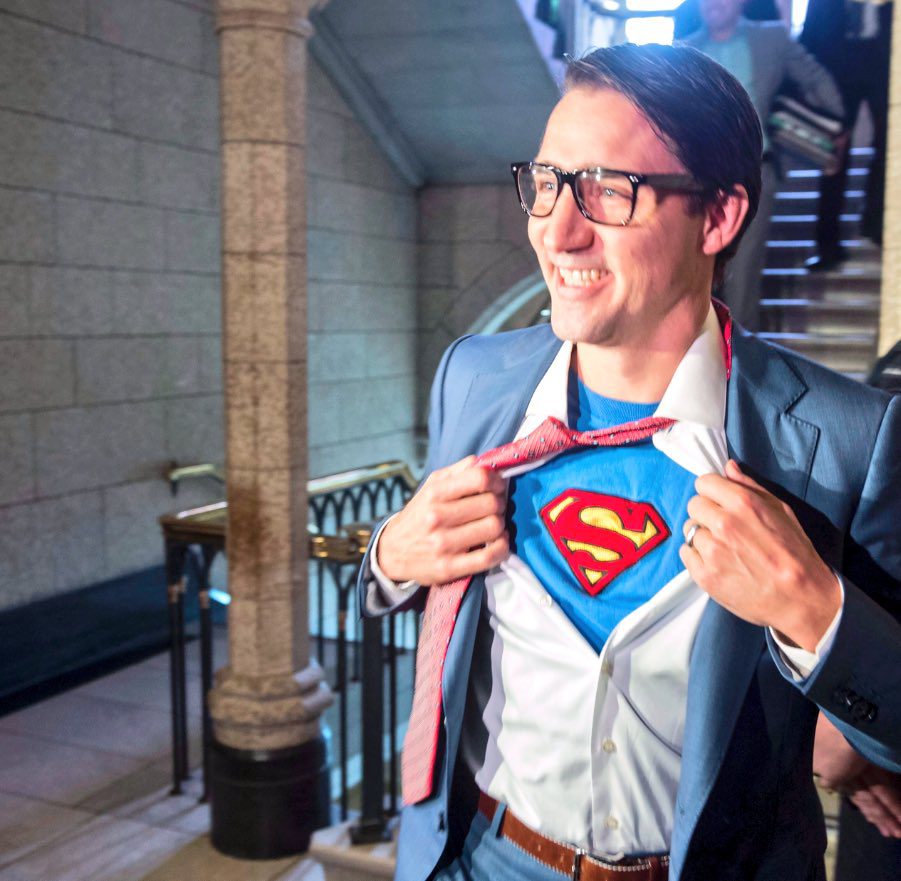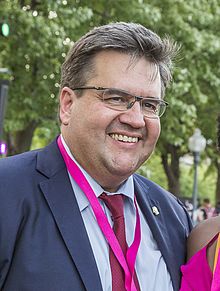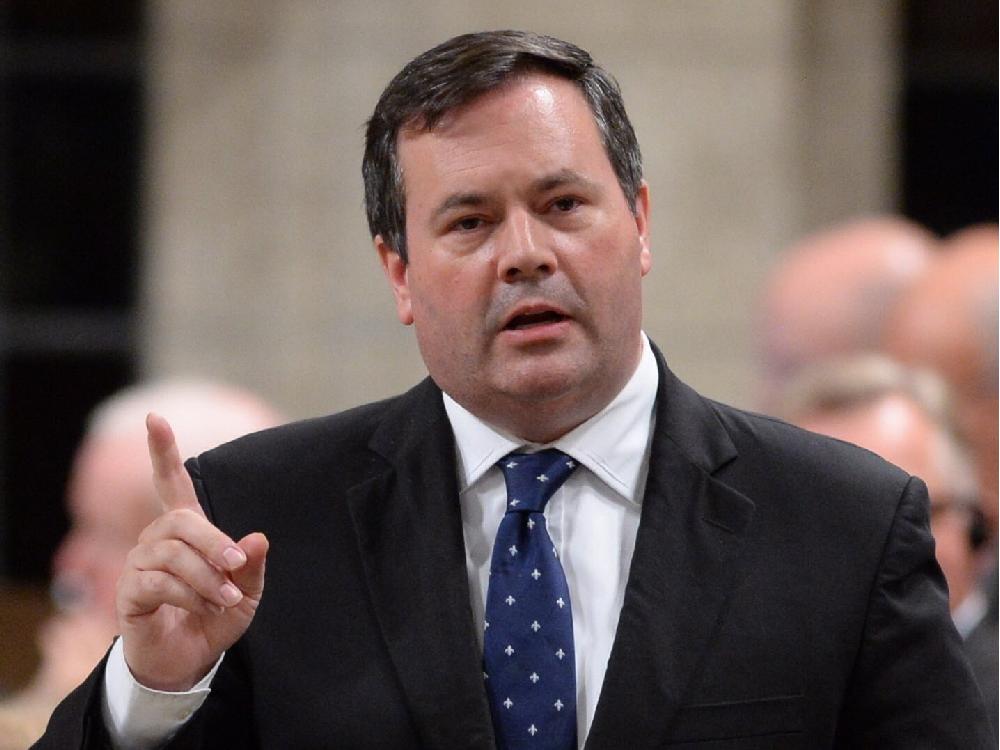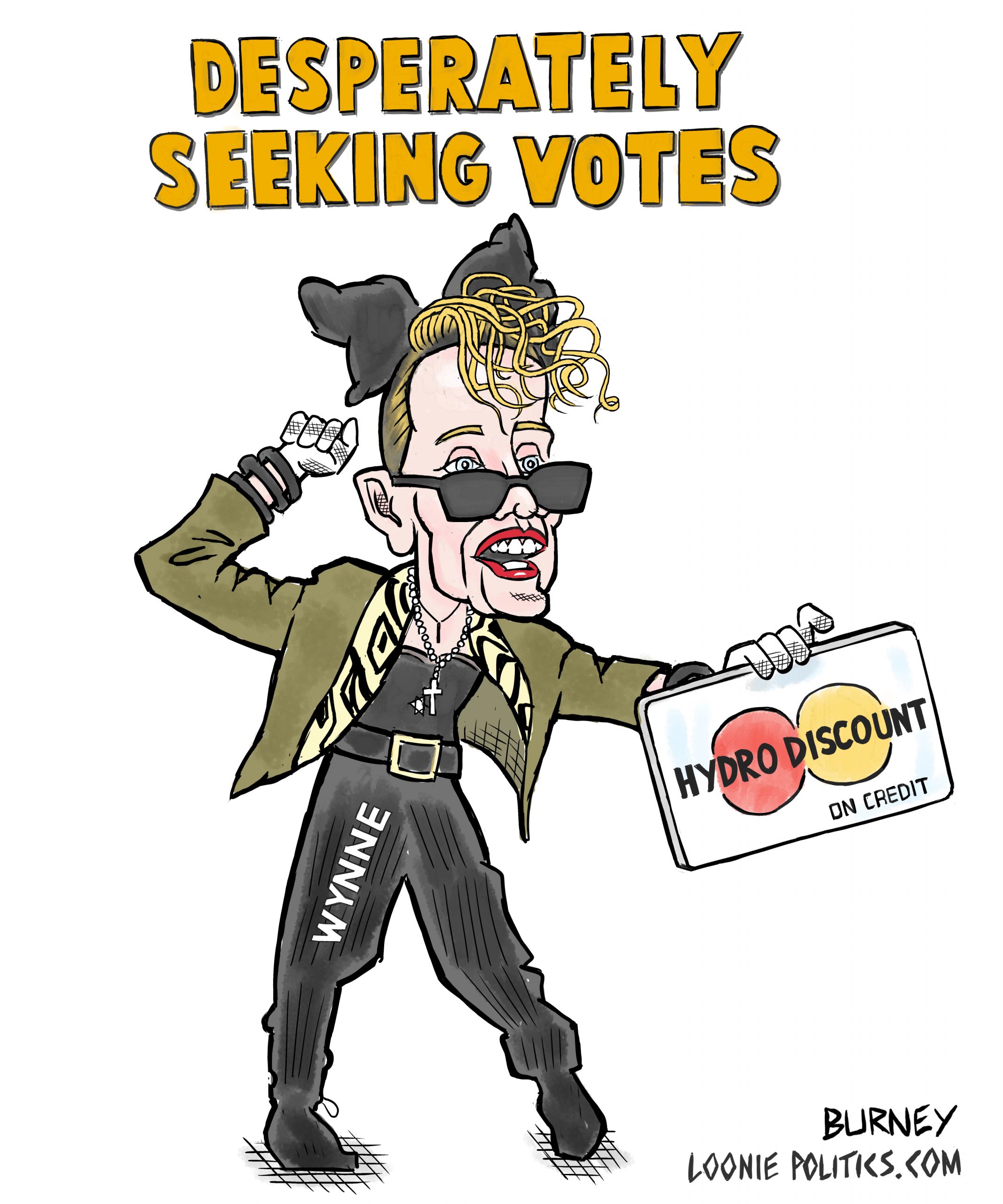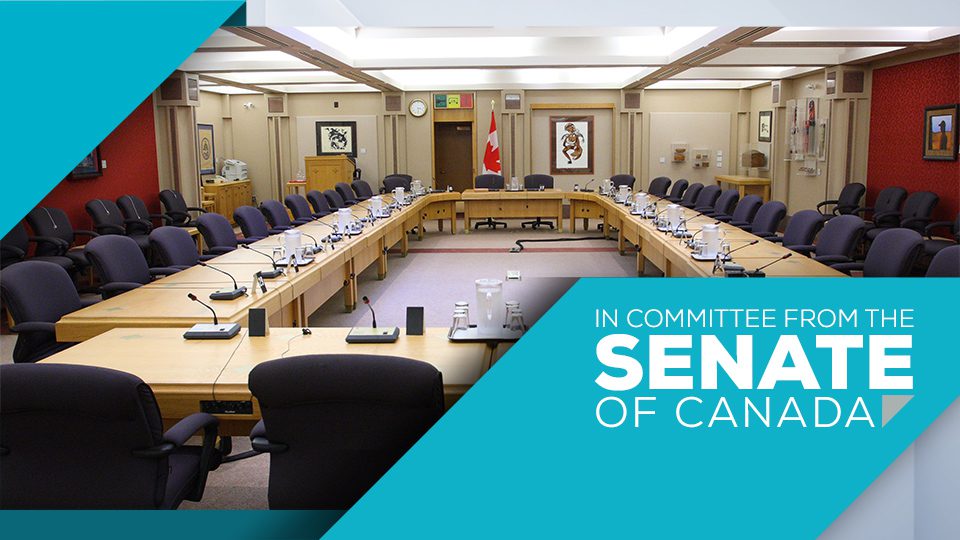It all started so well for Denis Coderre. On election day four years ago, he became his own meme overnight. Winking and grinning, the mayor-to-be deposited his ballot into the box.
It's hard to believe, now that he's been shunted off the stage, but Coderre was at one point the face of a bright and shiny new day in Montréal. That was then of course. By the end of the mayoral campaign this weekend, Coderre seemed well past expired, insular, and bereft of ideas. He was defeated by Valérie Plante, who'd only been in city council for a single term.
I think there's an important lesson here for Prime Minister Justin Trudeau. But it's not just a lesson in how fleeting popularity can be. It's a lesson in how popularity can disconnect you from the very people who elected you.
For all intents and purposes, Coderre should have had no trouble hanging onto the mayor's job. There's all sorts of big, progressive city-building projects in his accomplishments. He knocked down an expressway to make a walkable boulevard, he championed environmentally friendly transit, brought in an electric commuter train, done much-needed maintenance everywhere, done plenty bureaucratic fat cutting. There's all sorts of stuff there, for all kinds of people. Yet he lost.
In many ways, people just got tired of him. Every other week, it seemed, there was this or that big international spectacle. Car races, and bridge lighting, and fireworks. There were the $3-million granite stumps. His tendency to wear goofy outfits and get up to showy mischief wore thin, after a time.
And behind his bombast, there was the scent of something off. He spent millions to bring an electric car race to the streets of the city, then hid for months they had to give away huge swaths of the tickets to fill the stands. The Montréal police were caught spying on a reporter who was investigating a ticket Coderre once got. (The mayor phoned the chief about that one, too.)
When asked who his favourite mayor was, he pointed to the man who brought Expo 67 to town, and launched a dizzying number of grand infrastructure projects, Jean Drapeau. But he seemed to forget Montréal is in the process of massive construction projects to replace the crumbling concrete erected in Drapeau's era. In my end of town, the Turcot interchange is being torn down and replaced, piece by piece. The spaghetti tangle of concrete in the sky has been crumbling for years. (For god's sake, don't do what I did and drive a convertible through the thing and then look above you.)
Drapeau's physical legacy is falling all around us and costing billions of dollars, while we're stuck taking increasingly byzantine detours, and that's the guy you most admire? It belied a remarkable loss of touch with an electorate he once seemed to have such a feel for.
Then, worst of all, he made enemies of dog owners across the city with a slap-dash pit bull ban bylaw. It had the added benefit of seeming like a tax grab, by forcing owners to register their pets in a city that was essentially indifferent in the months before. It seemed like Coderre was looking to punish good dog owners for the sins of the bad.
And this is what really bodes ill for Trudeau. For all his popularity, all his grand talk of change and a new sunny day, he's got little to show for it. Simple promises like increased transparency have turned to farce. Electoral reform? A total crock. Closing tax loopholes? Botched that and made using the loophole sweeter. Culture overhaul? Netflix is going to spend some money (but probably not much in Québec). Getting clean drinking water to reserves? Nope.
So when the next election rolls around, what is Trudeau going to be able to say he accomplished? He might have legalized cannabis by then. He'll have put out a simplified a tax credit for families, and upped it when things got tough for him. He'll have implemented a carbon tax regime that's hated out west. He'll have stood on both sides of the pipeline issue, satisfying no one. He'll have created an infrastructure bank. He'll have had a normal handshake with Donald Trump.
Compared to the broad sweep of his election agenda, you have to wonder what happened to the vision.
Coderre and Trudeau have a lot in common. Upon their ascension, each seemed like a clean break from the past, a breath of fresh air. But over time, Coderre found a way to whittle away his popularity. Style, he found, is something that can only take you so far.
And the two suffer from a certain arrogance, each borne from the opposite circumstance, but it leads to the same place. For Coderre his arrogance was from the cocksure knowledge that he had a vision for the city, and his vision was correct. An arrogance of action, if you will. Trudeau's arrogance is the mirror image of that. The prime minister is arrogant by way of inaction. The government has continued down the smiling path of constant positivity in a way that suggests they are accomplishing great deeds, while actually doing very little.
Trudeau has frittered away two years, venting his own political capital. There's time for him to avoid the fate of Coderre, but he'll have to learn from the mistakes of his time in office.
Hope has not yet faded away. But to see a way to a second term, he'll have to look past the fog of his own popularity to the rocky shoal that awaits him.
Here's hoping he can learn from a man who's run aground before.





